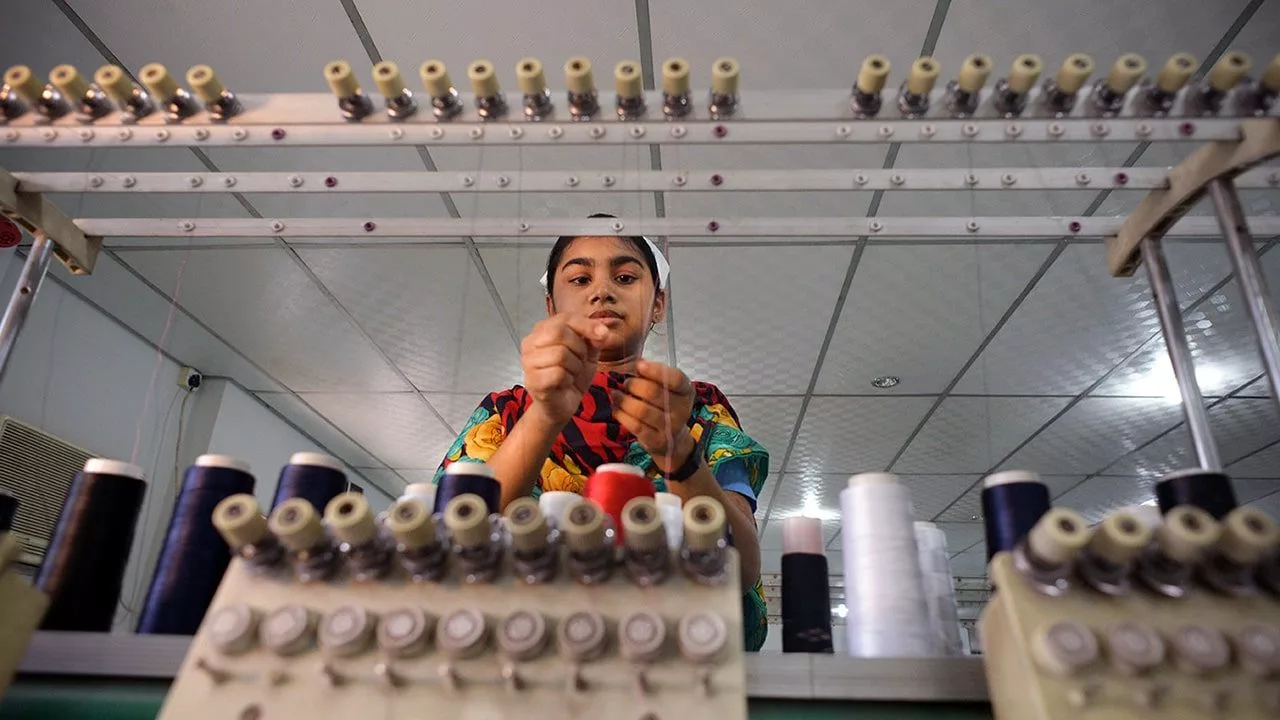GET IN TOUCH
- Please wait...

This letter was initially sent to LightCastle Bimonthly Newsletter subscribers.
Dear Friends and Patrons:
The new year brings forth its own set of opportunities and challenges as the country emerges from the fallout of the pandemic and the Ukraine-Russia war.
Although Bangladesh has resiliently fought blowbacks from the pandemic-induced shocks, the ongoing war has led to a significant dent in international trade balances: resulting in declining foreign currency reserves, depreciating currency, and spiking inflation.
In its latest publication, the World Bank group revised downward Bangladesh’s GDP growth rate projections to 5.2% compared to 7.2% the previous year.
The ramifications have been felt across the economy, especially impacting low-income households, as inflationary pressure eroded real incomes. The knock-on effect of rising imported commodity prices due to a depreciating currency has adversely affected living standards among low and lower-middle-income households.
According to Bangladesh Bank statistics, annual inflation increased to 7.7% in 2022, compared to 5.4% the previous year. Food inflation is nearing double-digit figures (9.1%).
How will the economic turmoil spearheaded by inflationary trends impact the livelihood of vulnerable low-income groups?
LightCastle is currently conducting a study to gauge the impact of economic headwinds on the livelihood and living standards of different income groups (to be published in April 2023).
Just like the pandemic had created a group of ‘new poor’ to the tune of 24.5 million people, the current economic volatility is also expected to push a notable percentage of the population toward poverty.
Early signs show a dip in demand for protein-based items– poultry, eggs, fish, red meat– as households readjust their spending habits, with rising malnutrition among the extremely poor. Other notable spending cuts in education and healthcare will result in higher school dropout rates and low healthcare spending per capita.
Multiple cases of fuel and electricity price hikes at the industrial and consumer levels will subsequently lead to fresh rounds of price hikes in 2023. Despite the government’s stretched budgetary conditions, it would be wise to increase the size and the spread of the social safety net programs. Alongside this, open market sales of essential commodities at low prices will have to be made accessible to low-income households across the country.
The government should foster investments in the manufacturing sector, creating fresh employment opportunities for semi-skilled and unskilled workers.
The RMG sector is in the pole position to benefit from the fallout of the US-China trade war, as international retailers are increasingly diversifying away from China. Apparel exports have increased at a healthy rate (15.6%), reaching USD 22.99 billion in the first six months of FY 22-23. With a depreciating currency and global tailwinds, industry leaders expect apparel to exceed USD 100 billion in export within 2030.
Historically, the apparel sector in Bangladesh catalyzed the enrolment of the women population in the formal economy. Full-time employment (65% of 4.1 million) –
The sector’s expected growth will likely generate fresh employment opportunities, especially for women. However, there are certain challenges potentially adversely affecting the growth of the RMG sector.
Due to the advent of the 4th industrial revolution, technology-led automation will gradually impact the production process for apparel. As automation becomes more prevalent in the coming years, Bangladesh’s inexpensive labor cost-led competitive advantage will start to diminish. This might lead to the process of ‘near-shoring,’ catering to the trend of ultra-fast fashion through a shorter lead time.
The LDC graduation in 2026 and subsequent withdrawal of the GSP plus facility in 2029 will result in stiffer competition in the EU market, which currently contributes 56% of Bangladesh’s total export.
In the near future, stakeholders will have to bring about systemic changes by fostering a culture of innovation and harnessing technology to the advantage of the apparel sector while ensuring employment opportunities for workers (particularly females) within or outside the sector.
About time we think of fostering inclusive economic growth by future-proofing the RMG sector.
Our experts can help you solve your unique challenges
Stay up-to-date with our Thought Leadership and Insights